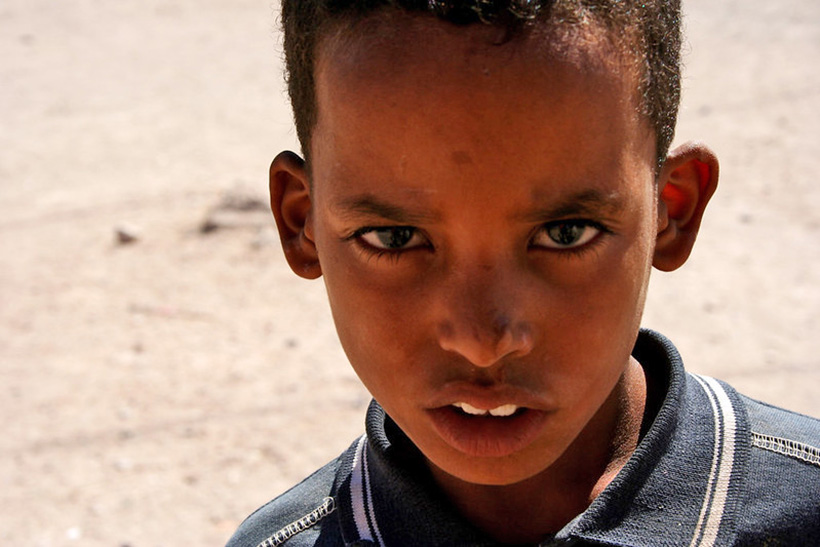The Pro Human Rights Association of Andalusia explains that “the Moroccan government is never there and never expected” and that Mohammed VI is “an absolute monarch who despises his people and only works for his own interests”.
APDHA points out that “this is the regime that the European Union supports and finances for the control of migration and the continuous violation of human rights”.
A delegation of the Moroccan community of San Fernando (Cádiz) and APDHA is in Moroccan territory for it to make aid available to the victims of the catastrophe.
APDHA reiterates its horror at the suffering of the brotherly people of Morocco and wishes to express its utmost solidarity, which it has already conveyed to all friendly Moroccan organisations, which, in these difficult and complicated times, are helping the population. Likewise, a delegation composed of members of the Moroccan community of San Fernando (Cádiz) and members of APDHA itself, with the activist Atimad Idrissi at the head, is already in Moroccan territory, where they have taken humanitarian aid for the victims of the catastrophe.
APDHA also wants to denounce the chaotic situation that the Moroccan government has caused in the rescue work, as well as the abandonment and lack of necessary and essential aid for remote rural areas and for the most vulnerable people. In this sense, APDHA explains that there have even been situations of absolute famine and even hunger in some of the most affected areas.
Meanwhile, King Mohamed VI, “as we are accustomed to, has remained absent several days later after the earthquake”. According to APDHA, “he is an absolute monarch, who despises his people and who only works for his own interests, those of his family and those of the circle of power, which keeps him in luxury while his people are in the greatest need”.
“The Moroccan government is never there, nor is it expected to be, and only acts on the orders of an absent monarch,” APDHA points out. With its “authoritarian and even bullying ways”, and ignoring the urgent needs of the Moroccan people in these terrible circumstances, “it also allows itself to refuse aid from numerous countries because of its foreign policy strategies”, or prevents humanitarian aid from entering through Ceuta and Melilla. APDHA wants to underline once again that “this is the regime that the European Union supports and finances for the control of migration and the continuous violation of human rights”.
APDHA explains that “in the Atlas villages it has been the inhabitants themselves who have had to rescue their loved ones and neighbours with their own hands” and “it has been the people themselves who have had to search for the victims, clean up, find food and water and even rebuild a roof over their heads” in the face of the abandonment of the authorities. “Fortunately, we have seen the great solidarity of Moroccan citizens, and above all that of young people from all over the country, who are pouring in and filling the roads with lorry loads of aid of all kinds”, the Andalusian Association for Human Rights (APDHA) points out.
In any case, APDHA is once again proud of “the enormous solidarity that has been generated in our country, especially in the case of the volunteers, firefighters and soldiers who have gone to Morocco to help in the search for survivors”. But, in the same way, the Andalusian association denounces the “morophobia” that was unleashed on social networks, expressing its opposition to any kind of help, even in the harsh circumstances that are still being lived.
APDHA will continue “working to support the Moroccan people in these difficult times” and calls to “continue practising this active solidarity of our population, as well as an exercise of generosity and organisation to all public administrations”.






